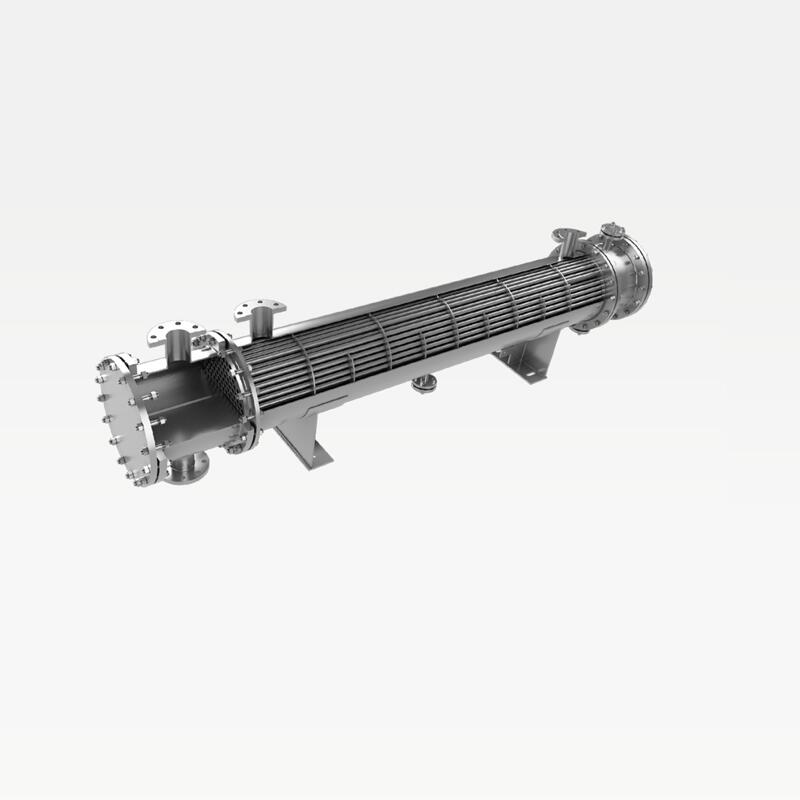-
Categories
-
Pharmaceutical Intermediates
-
Active Pharmaceutical Ingredients
-
Food Additives
- Industrial Coatings
- Agrochemicals
- Dyes and Pigments
- Surfactant
- Flavors and Fragrances
- Chemical Reagents
- Catalyst and Auxiliary
- Natural Products
- Inorganic Chemistry
-
Organic Chemistry
-
Biochemical Engineering
- Analytical Chemistry
-
Cosmetic Ingredient
- Water Treatment Chemical
-
Pharmaceutical Intermediates
Promotion
ECHEMI Mall
Wholesale
Weekly Price
Exhibition
News
-
Trade Service
At the recent EU special summit, EU member leaders agreed on a sixth round of sanctions against Russia, which will immediately ban the import of 75% of Russian oil, with the temporary exception
of oil supplied through pipelines.
Analysts believe that the recent turmoil in the European energy market, soaring food prices, and the overall rise in inflation in the euro area, the latest measures of the EU may lead to an intensification of inflation upward risks, putting pressure
on the monetary policy of the European Central Bank.
Eurozone inflation reached 8.
1% annually in May, the seventh consecutive month of record highs and well above the ECB's 2% inflation target
, according to preliminary statistics from Eurostat.
Core inflation, excluding volatile energy and food prices, was 3.
8 percent, also beating market expectations
.
This is an egg
taken on April 14 in a supermarket in Stockholm, Sweden.
Xinhua News Agency (Photo by Wei Xuechao)
Among Europe's major economies, inflation in Germany was 8.
7 percent in May, 5.
8 percent in France, 7.
3 percent in Italy and 8.
5 percent in Spain, all at high levels
.
Inflation in the three Baltic countries, as well as in the Netherlands, Slovakia and Greece, is in double digits
.
Goldman Sachs expects overall inflation in the euro area to peak at 9% in September
.
The European Commission expects EU inflation to reach an all-time high of 6.
8% in 2022
.
The sharp rise in energy prices is the main reason for
the current high inflation rate in the euro area.
Eurozone energy prices surged 39.
2%
year-on-year in May, the data showed.
Analysts pointed out that the EU's oil sanctions against Rosneft have reinforced the expectation that oil prices will remain high and will delay the decline in overall inflation, further impacting
European businesses and households.
At this stage, about 30% of the EU's oil imports comes from Russia, of which about two-thirds arrives by sea and one-third is transported
by pipeline.
A partial embargo on Rosneft would make the EU's energy supply even more scarce
.
ECB President Christine Lagarde has previously said that further resistance to Russian energy imports will have a significant impact and could have serious consequences
in some countries.
In the face of rising inflation, the pressure on the ECB has increased sharply: on the one hand, in order to prevent the inflation situation from deteriorating further, it has to start preparing for the first interest rate hike in more than 10 years; On the other hand, it is necessary to minimize the risk of a recession caused by monetary policy adjustments
.
The European Commission's recent economic outlook report expects the EU economy to grow by 2.
7% and 2.
3% respectively this year and next, slower than the 4% and 2.
8%
forecasts in the February Outlook report.
European Commission Executive Vice President Dombrovsky said that while the economy will continue to grow this year and next, the growth rate will be much lower than previously expected
.
As long as the Russian-Ukrainian conflict continues, the uncertainty and risks of the prospects will be high
.
This is a price tag
taken on March 11 at a gas station in Berlin, the German capital.
Photo by Xinhua reporter Shan Yuqi
The ECB is scheduled to convene monetary policy meetings
on June 9 and July 21.
Judging from the signals recently released by the European Central Bank, interest rates
may be raised gradually from July.
Bundesbank President Nagel, a member of the ECB's Board of Governors, said the time had come for the ECB to raise interest rates and could act
as early as July.
Bank of Italy Governor Ignazio Vesco said interest rate hikes would be gradual given the uncertainty of the economic outlook
.
Philippe Lane, chief economist of the European Central Bank, said recently that the ECB will not raise interest rates by 50 basis points in July, but may raise rates by 25 basis points in July and another 25 basis points
in September.
Frederick DiKrozer, a strategist at Pictet Group's wealth management firm, said that rising price pressures were increasing and that a higher-than-expected core inflation rate in June could push the ECB to raise interest rates by 50 basis points
in July.
Klaus Westson, an economist at Pantheon Macroeconomic Research Firm, also said a 50 basis point rate hike in July would be a very realistic decision
given the current inflation data.







